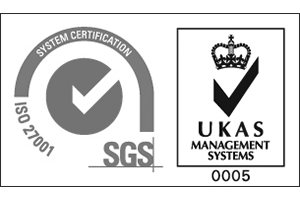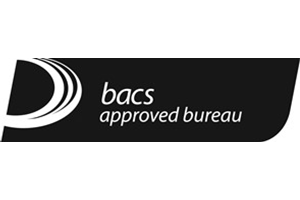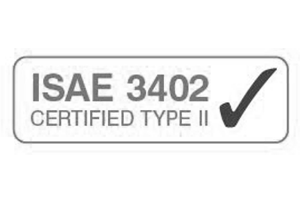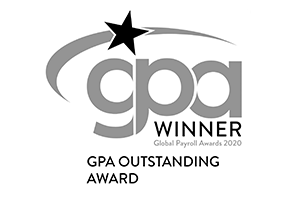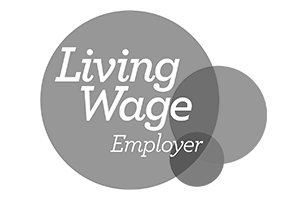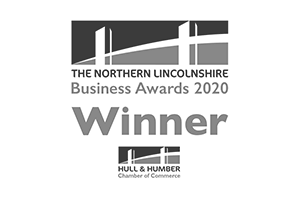A discretionary cash payment may be made to an employee above and beyond what is expected as part of the customer’s bill. This payment may be made directly to the employee or paid into a communal staff tips box. But are employees responsible for the tax due on these tips? The answer is, it depends!
Yes, the employee is responsible:
If a cash payment is made directly to an individual employee and that employee chooses to pocket that tip for themselves then the individual employee will be responsible for telling HMRC about the amounts of money received so that an adjustment can be made to their tax code to collect the appropriate amount of tax.
No, the employer is responsible:
If an employer pools all of the cash tips paid to employees individually or collected through a communal staff tips box and then pays them to employees directly, the employer is responsible for operating PAYE on these payments. Such payments will attract both tax and NICs liability.
This is an inefficient way of administrating the payment of tips as both the employee and employer are paying NICs liability unnecessarily.
No, the Troncmaster is responsible:
If a Tronc scheme is in operation and the Troncmaster is solely responsible for the allocation and payment of tips without intervention from the employer then the Troncmaster is responsible for operating PAYE on these payments through the separate Tronc PAYE scheme. This is the most efficient way of administering tips from an employee and employer point of view as there is no NICs liability to pay on these payments.
Dataplan are one of the UK’s leading providers of specialist payroll and associated services.
From payroll outsourcing and pension service management to ePayslips and gender pay gap reporting; we have a solution for you and your business.


